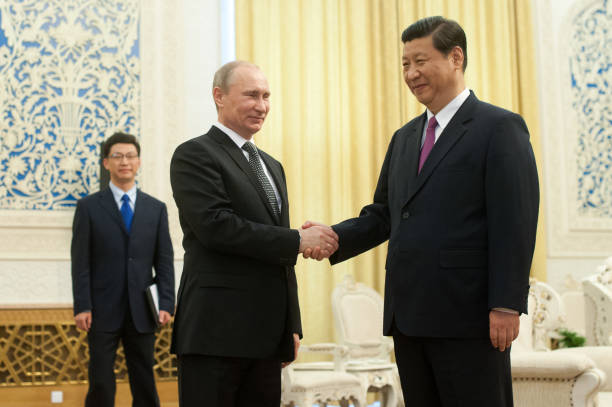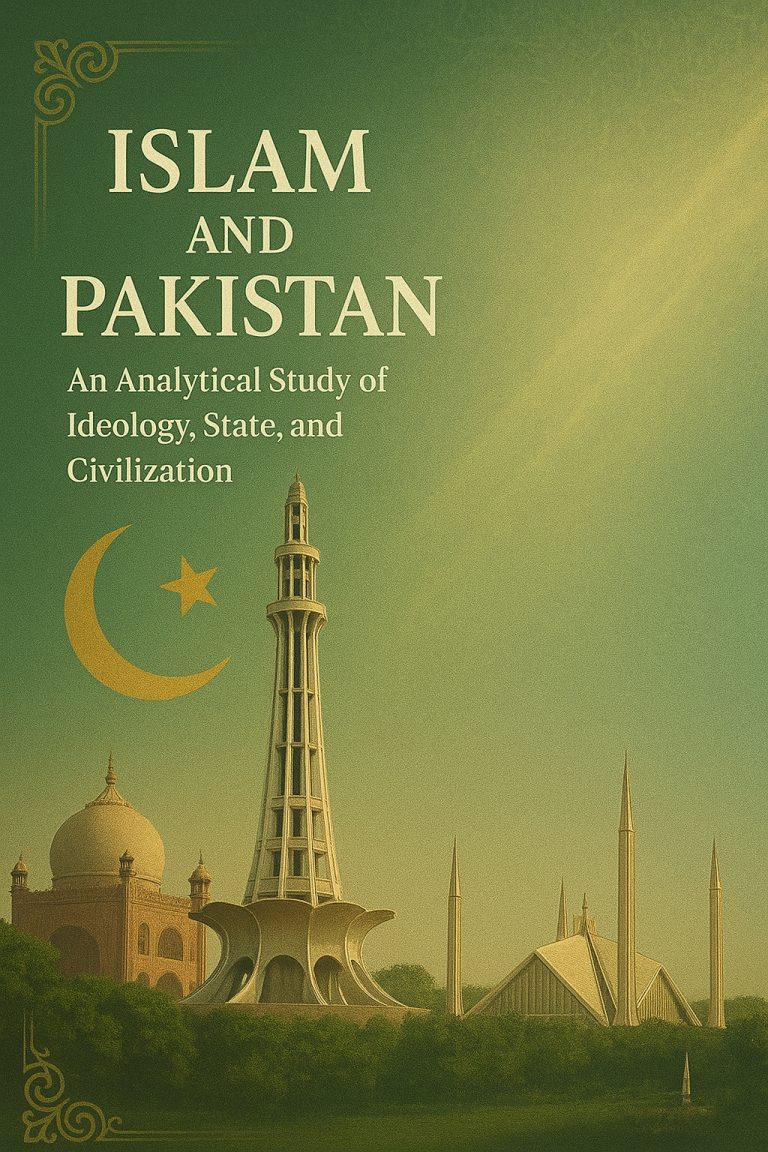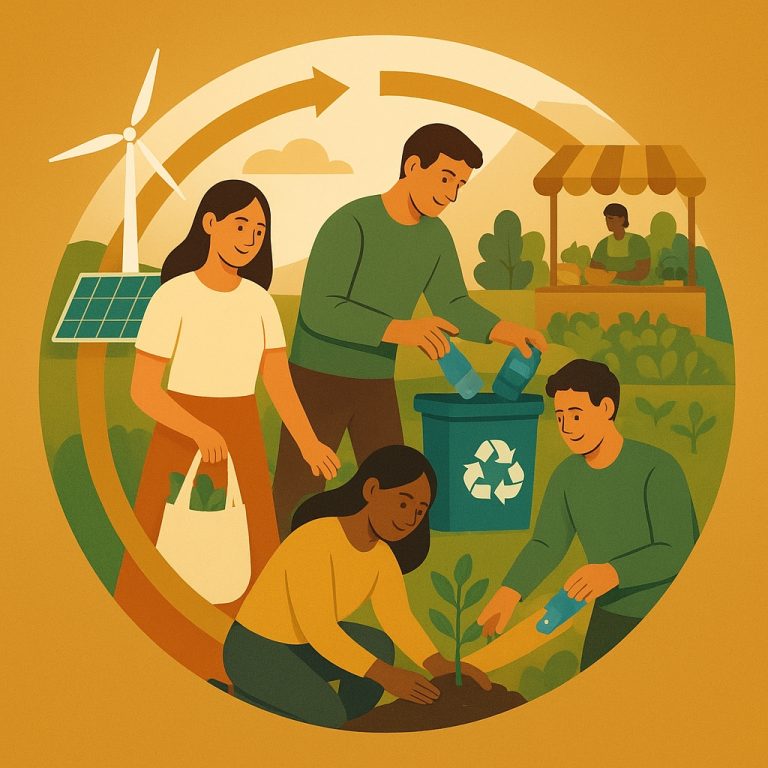Category News Views
Full Corn Moon 2025
چین کی عالمی نظام کو از سر نو تشکیل دینے کی کوشش
SCO Summit 2025 in China
China’s Xi Pushes a New Global Order

اسلام اور پاکستان ۔ تاریخی علمی سیاسی اور ثقافتی پس منظر

This book, written in Urdu, explores the deep interconnection between Islamic ideology, the creation of Pakistan, and the cultural-civilizational challenges faced by the nation today. It examines the foundations of Islam as a complete way of life, Pakistan’s ideological background, the role of Islam in the Constitution and state-building, as well as the cultural struggles in modern society. The work concludes with results and practical recommendations, highlighting the urgent need for a committed and trained group—similar to the early Makkan phase of Islam—to carry forward the mission of building a truly Islamic state and society.
India’s Ever-Shifting Foreign Policy
انا: دوست، دشمن، اور ہر چیز

Ego Friend, Foe, and Everything
SDG 12: Responsible Consumption and Production

Responsible consumption and production is at the heart of sustainable development. SDG 12 highlights the urgent need to reduce waste, adopt efficient production methods, and promote lifestyles that respect the planet’s finite resources. For Pakistan, where unsustainable consumption patterns, food wastage, energy inefficiencies, and industrial pollution are escalating, this